Shimon Edelman - The Happiness of Pursuit: What Neuroscience Can Teach Us About the Good Life
Here you can read online Shimon Edelman - The Happiness of Pursuit: What Neuroscience Can Teach Us About the Good Life full text of the book (entire story) in english for free. Download pdf and epub, get meaning, cover and reviews about this ebook. year: 2012, publisher: Basic Books, genre: Religion. Description of the work, (preface) as well as reviews are available. Best literature library LitArk.com created for fans of good reading and offers a wide selection of genres:
Romance novel
Science fiction
Adventure
Detective
Science
History
Home and family
Prose
Art
Politics
Computer
Non-fiction
Religion
Business
Children
Humor
Choose a favorite category and find really read worthwhile books. Enjoy immersion in the world of imagination, feel the emotions of the characters or learn something new for yourself, make an fascinating discovery.
- Book:The Happiness of Pursuit: What Neuroscience Can Teach Us About the Good Life
- Author:
- Publisher:Basic Books
- Genre:
- Year:2012
- Rating:5 / 5
- Favourites:Add to favourites
- Your mark:
The Happiness of Pursuit: What Neuroscience Can Teach Us About the Good Life: summary, description and annotation
We offer to read an annotation, description, summary or preface (depends on what the author of the book "The Happiness of Pursuit: What Neuroscience Can Teach Us About the Good Life" wrote himself). If you haven't found the necessary information about the book — write in the comments, we will try to find it.
In The Happiness of Pursuit, Edelman offers a fundamental understanding of pleasure and joy via the brain. Using the concept of the mind as a computing device, he unpacks how the human brain is highly active, involved in patterned networks, and constantly learning from experience. As our brains predict the future through pursuit of experience, we are rewarded both in real time and in the long run. Essentially, as Edelman discovers, its the journey, rather than the destination, that matters.
The idea that cognition is computationthe brain is a machineis nothing new of course. But, as Edelman argues, the mind is actually a bundle of ongoing computations, essentially, the brain being one of many possible substrates that can support them. Edelman makes the case for these claims by constructing a conceptual toolbox that offers readers a glimpse of the computations underlying the minds faculties: perception, motivation and emotions, action, memory, thinking, social cognition, learning and language. It is this collection of tools that enables us to discover how and why happiness happens.
An informative, accessible, and witty tour of the mind, The Happiness of Pursuit offers insights to a thorough understanding of what minds are, how they relate to each other and to the world, and how we can make the best of it all.
Shimon Edelman: author's other books
Who wrote The Happiness of Pursuit: What Neuroscience Can Teach Us About the Good Life? Find out the surname, the name of the author of the book and a list of all author's works by series.

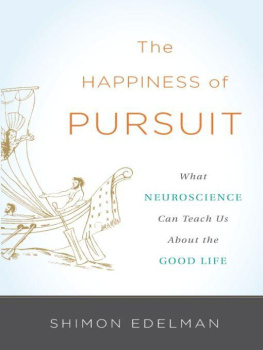

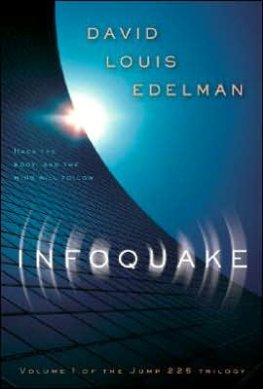


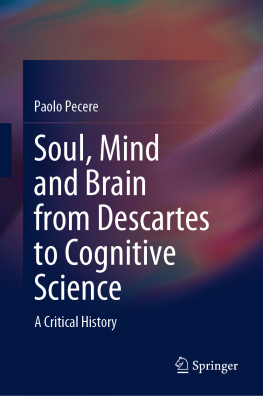
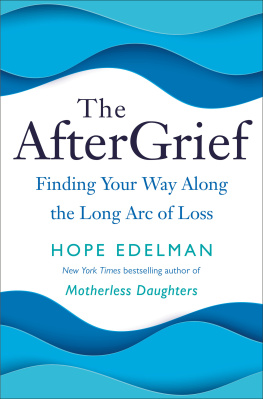
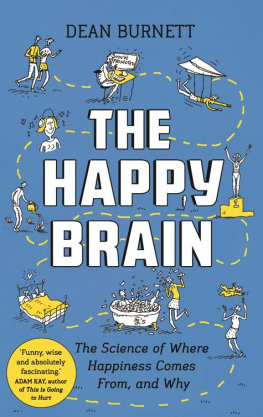
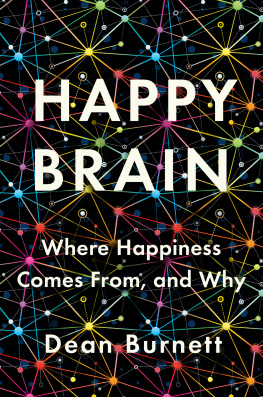

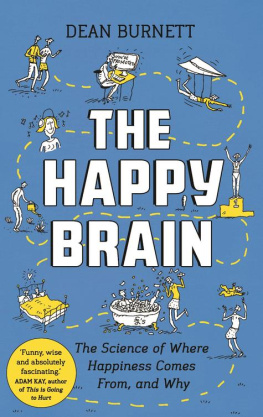









 u
u



